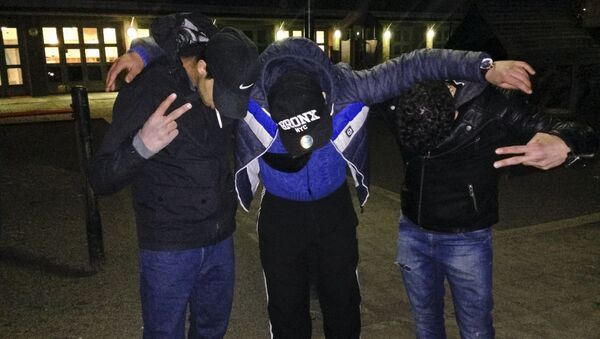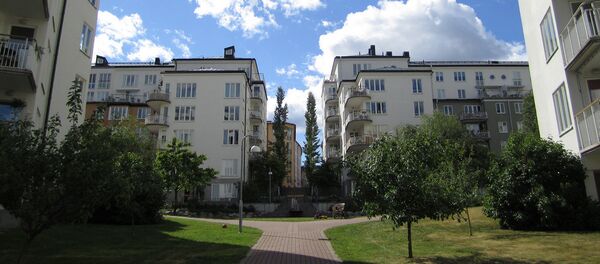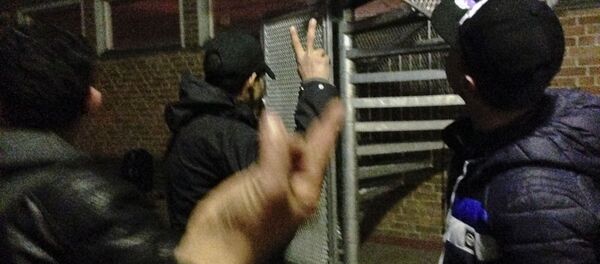A number of Swedish cities have long had problems with Moroccan asylum seekers, in particular "street children" who have been denied asylum in the Nordic country, but nevertheless stayed on illegally. Many of the Moroccans were known to have committed themselves to a life of crime and drug trafficking while completely refusing any help from Swedish society and institutions.
When Sweden tried to expel the Moroccans in question, many of whom were underage, the Moroccan state questioned their nationality. In hopes of convincing Rabat to take in more refused refugees, Sweden pledged to build a youth home in Morocco in a joint project with Germany.
"The interest from Germany is no longer there and there is no possibility of implementing the project, so it has been put on ice," Justice Minister Morgan Johansson told Swedish national broadcaster SVT.
In the past one and a half years, 441 Moroccans have been expelled from Sweden to their home country or other EU countries. According to SVT statistics, the majority of the expelled are over 18 years old. Of the 441 expelled, 178 were sent back to Morocco and 253 to other EU countries. Of those 53 Moroccans under the age of 18, only five were sent back to their home country.
Even though the deportations have become more frequent, the problem is far from resolved. Up to 800 young Moroccans still reside in Sweden illegally, according to the authorities.
According to Swedish law, no person under the age of 18 may be expelled. However, there are serious doubts about their specified age. Border Police Group Head Per Löfvenberg said that a high percentage of Moroccan asylum seekers were lying about their identity, something that can be established after comparing fingerprints from the Moroccan register.
"We can safely state that in 80 percent of cases, the people have specified a false identity upon arrival in Sweden. In 90 percent of cases, they proved to be adults even though they previously stated that they were children," Per Löfvenberg told SVT.
Last week, a police officer in Sweden was stabbed in an unprovoked attack. The Swedish news outlet Nyheter Idag identified the perpetrator as a Moroccan with reference to an anonymous police source.
Incidentally, the man behind the deadly Turku stabbings in Finland, which killed two and injured eight, was also Moroccan, who lied both about his age and identity. Furthermore, the man later identified as 22-year-old Abderrahman Bouanane had previously lived in Sweden.
In August, senior terrorism research Magnus Ranstorp of the Swedish National Defense College disclosed to the Swedish newspaper Svenska Dagbladet that some of the most prominent terrorist actors in Sweden are of Moroccan background.
Although Sweden has previously never been the main destination for Moroccan asylum seekers, unlike France or Spain, the Moroccan diaspora currently ranks among Sweden's largest, numbering at least 25,000 members. Moroccan-Swedish pop singer Laureen, who won the 2012 Eurovision Song Contest with her entry "Euphoria" is arguably its best-known representative.




